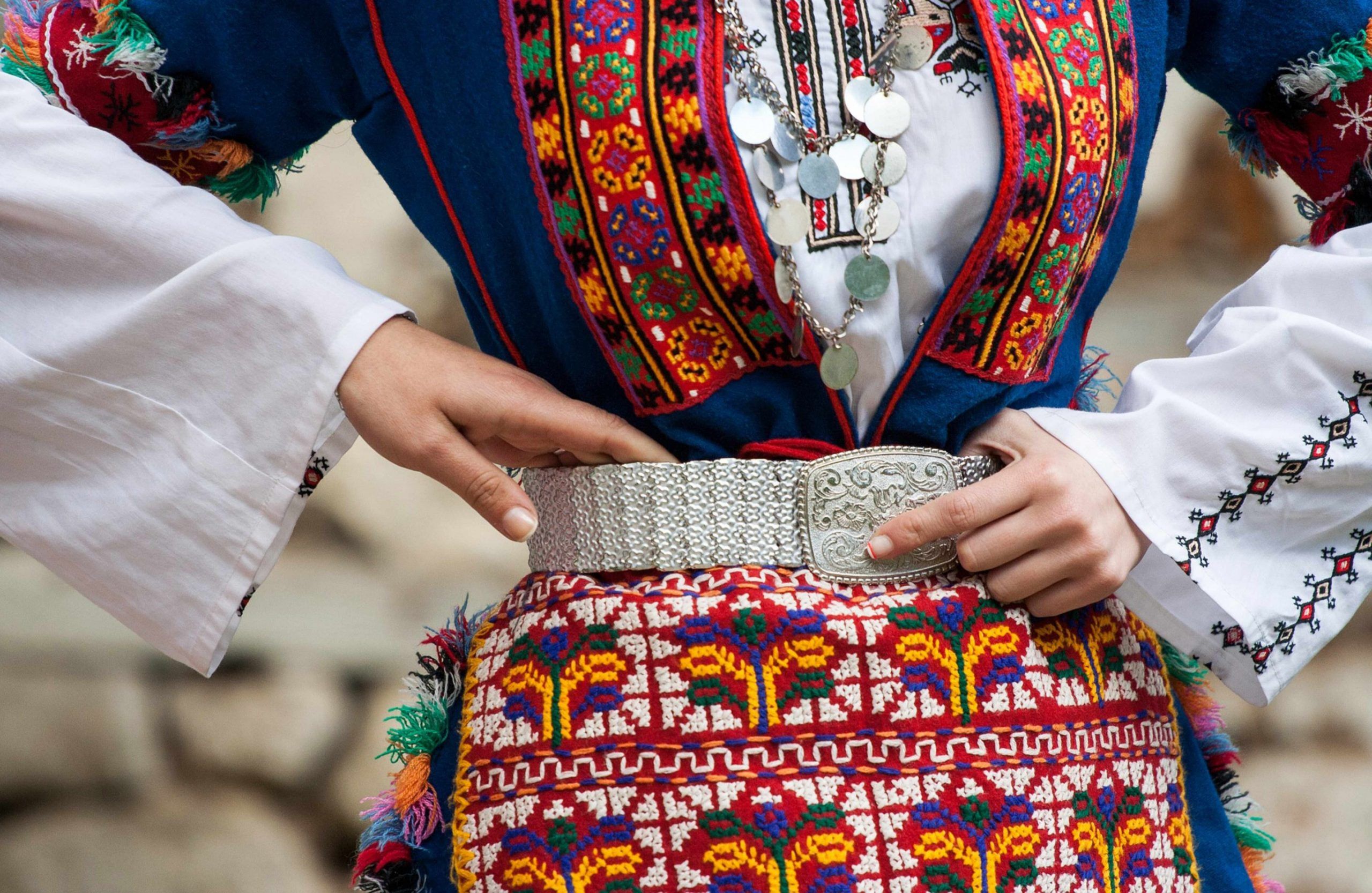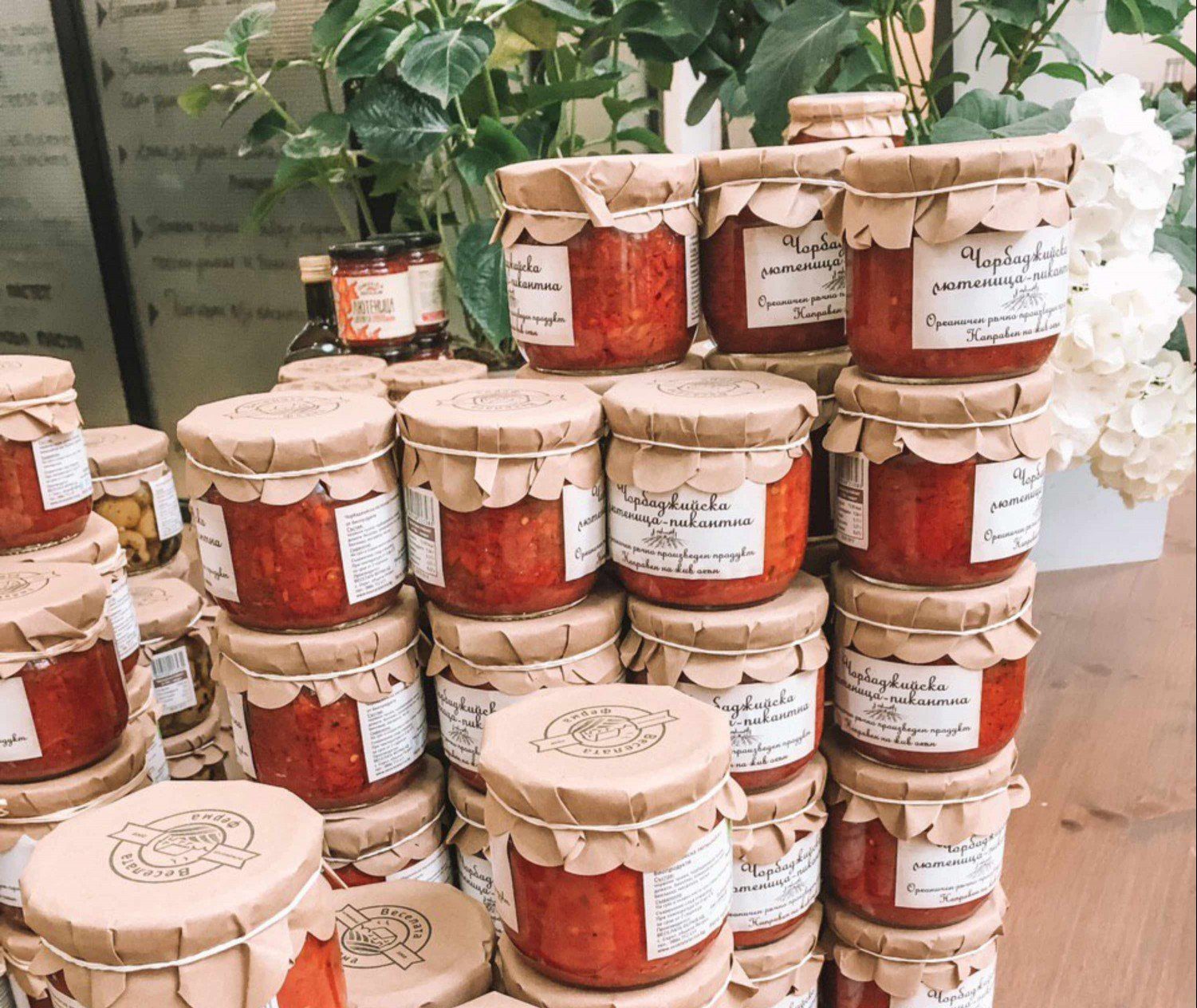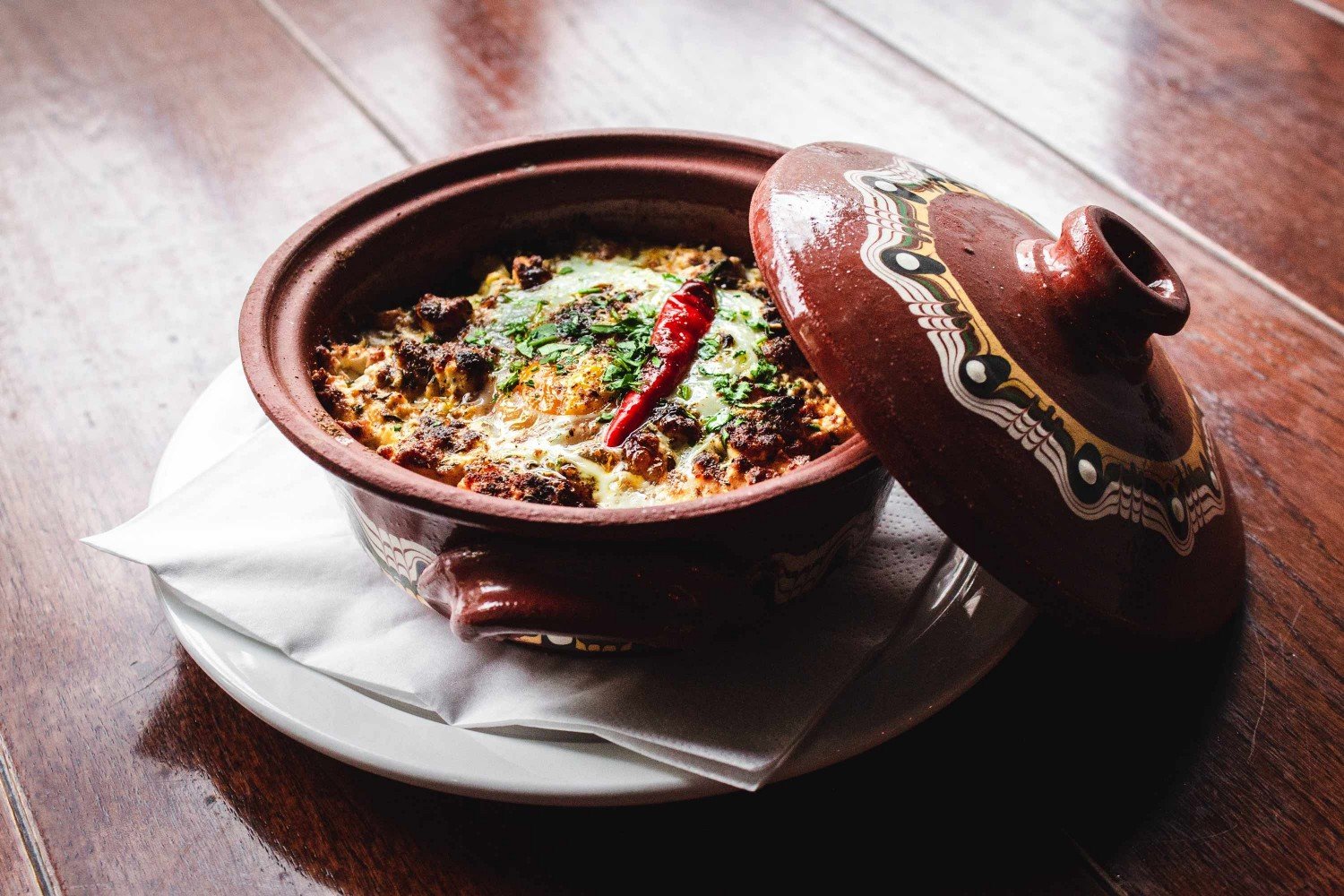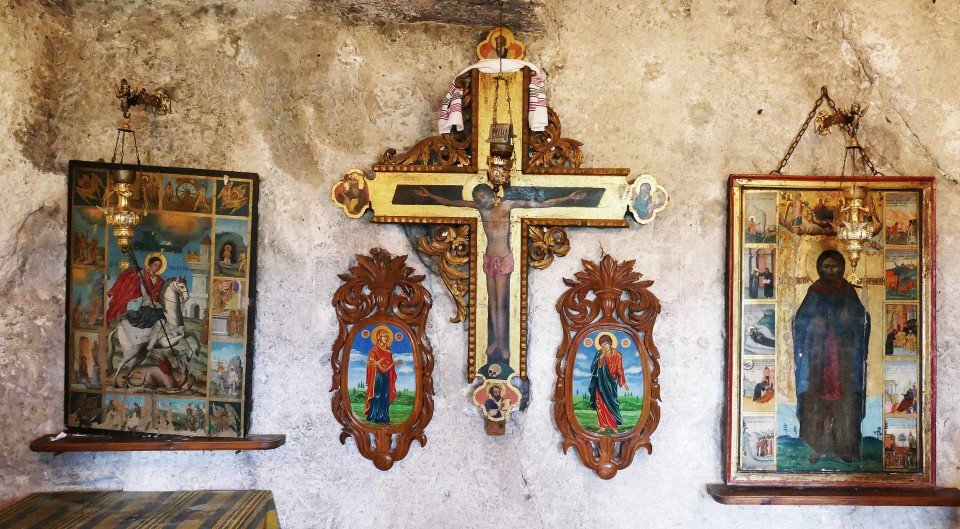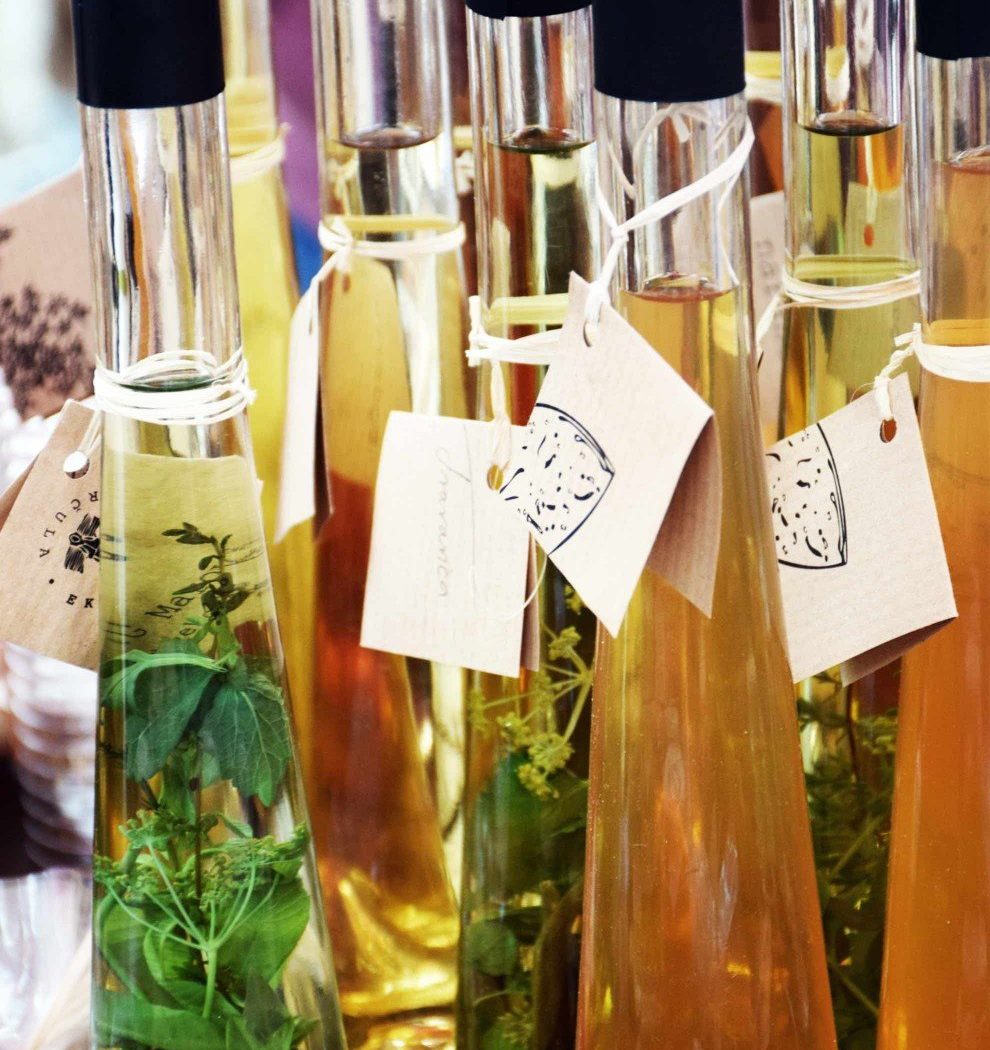Find a perfect souvenir for everyone
Written by Andrea Vushkova, edited by Lindsay Martin, photos by Ekaterina Totina, Unsplash and Pixabay.
If you are living in Bulgaria or just visiting, your family and friends back home might be expecting some gifts from this Balkan country. Sure, you can always get away with a postcard or, if you’re feeling generous, also a magnet. However, there are several original Bulgarian products to spark your friends’ interest and make a great present.
Here are some ideas to help you choose the perfect gift for your loved ones. There’s something for every taste in the list below, check it out!
Roses, roses, roses
If you have been here for a while, you might have heard about the famous Rose Valley, something that Bulgarians are very proud of. Even the official tourism logo of our country is a stylized rose. Bulgaria is the top producer of rose oil in the world, thanks to our climate which is perfect for the cultivation of the Rosa Damascena. Originally imported from Persia, it is the type of rose richest in oil and aroma. It is used in the making of numerous cosmetic products - rose oil, rose water, perfumes, soaps, shampoos, creams, etc. You can even buy rose honey and rose rakia (“gyulovitsa”). We will get to the rakia later, though.
Lavender, lavender, lavender
Are you thinking about Provence? Think again! Bulgaria is in fact a world leader in the production of this very fragrant and beautiful plant. For fans of cosmetics among your friends and relatives, you can get essential oils, perfumes, bath salts, soaps, etc. Lavender honey is also an option, as well as dried lavender blossoms as a decoration or an air freshener.
Lyutenitsa and Lukanka
An important Bulgarian word to learn is “meze”. When Bulgarians drink alcohol, typically wine or rakia, it is an unwritten rule to have some sort of “meze” on the table. That could be any type of meat, cheese, dip, salad, or nuts. Two classical choices would be lyutenitsa and lukanka. Lyutenitsa, or as I like to call it, the Bulgarian ketchup, is a tomato, pepper, and aubergine-based dip. It goes really well with bread, meat, and sirene (our white cheese). Lukanka is a dried meat sausage, flat and oval in shape. If there are no food import restrictions in your country, you should have no problem carrying these products through customs. However, in case you do, call a Bulgarian. We tend to be very innovative when it comes to transporting our favorite “mezeta” across the world.
Chubritsa and sharena sol
For the cooking enthusiasts, you can get two typical Bulgarian spices. They are widely used in our cuisine and also applicable in various recipes. If you add chubritsa to your dish, you will give it a unique Bulgarian aroma and taste. The best thing about it - it’s quite universal, so you can rarely go wrong with adding a pinch. It can also be a decorative plant since its pink blossoms are very pretty.
Directly translated, sharena sol means “colorful salt”. The name comes from the mixture that this spice is: salt, red pepper, fenugreek, oregano, thyme, cornflour, pumpkin seeds, and, guess what, chubritsa! All of the ingredients are very finely ground, and make for a very colorful blend indeed. A fun fact about this spice: a slice of bread, sprinkled with sharena sol and some sunflower oil, was considered a delicacy in the poor years after WWII.
Pottery
Bulgarian cuisine is not only about the ingredients, but also about how you cook and serve the food. The souvenir shops are full of lovely handmade pottery, decorated with colorful and complex patterns. You can see plates, bowls, cups, jugs, and last but not least, “gyuveche” (a big pot used to make a stew, or “gyuvech”). They can be used for decoration, but are quite practical, too. Just make sure you have enough space in your luggage, and pack them well, they are not as attractive when broken in pieces.
Folklore costumes
The whole Balkan region is famous for the beautiful and colorful folklore costumes that people wore centuries ago. They are part of our cultural legacy and are still worn on special occasions and in the folklore dance ensembles. In Bulgaria, each region has a specific recognizable pattern and costume style. An important element of the design is the embroidery, or so-called “shevitsa.” If you are not inclined to buy the whole costume as a present, you can get only the shirt, even a modern-day version of it.
Kuker’s masks
Kukeri are a vital part of Bulgarian culture, as we mentioned in our article Bulgarian culture from A to Z. Therefore, the masks of these costumes make a very original, albeit maybe slightly scary gift. If your relatives and friends are not evil spirits, they have nothing to worry about, and what’s more, they will be protected from the powers of darkness.
Hand-crafted icons
If you are Orthodox or just a fan of religious art, there are wonderful ateliers and galleries which sell handmade icons and offer you a wide range of gift choices. There is an appropriate icon with the corresponding saint for almost every occasion, be it a housewarming party, a wedding, or a christening. You can also give it to someone who appreciates this type of art and/or collects it. Keep in mind that icons can be pricey, especially if they have gold ornaments. The price range is from 40 to 800 BGN.
Wine
Bulgaria is a big producer of wines and it’s definitely worth it giving them a try. You don’t have to be a sommelier in order to choose one, and a good bottle of wine is always appreciated as a gift. The traditional Bulgarian varieties are mavrud, misket, pamid, and ruby. Raspberry wine has also gained a lot of popularity in the last few years. My personal favorite is the one from “Trastena” winery. It is made of bio raspberries, tastes great, and makes for a very stylish present with a ribbon on the bottleneck!
Rakia
As I promised, we’ve arrived at the rakia. It has many different shapes and forms across the Balkans, but one thing is certain: this highly alcoholic drink is glorified in our region. There are many types you can buy in stores, the most famous being “Burgas 63,” “Karnobatska,” and “Peshterska.” However, if you can get your hands on homemade rakia, it makes a wonderful gift for strong alcohol connoisseurs. It might be troublesome to get it through borders, but I know for a fact that a Bulgarian traveler convinced a tough-looking U.S. customs officer that it is an alcohol-based “rubbing solution,” so nothing is impossible! (Among the more unconventional uses of rakia is its application as a remedy for any known sickness, including rheumatism, therefore “rubbing solution” means a massage ointment). To make your present complete, you can also buy special rakia glasses from the souvenir shops with traditional motifs and patterns.
